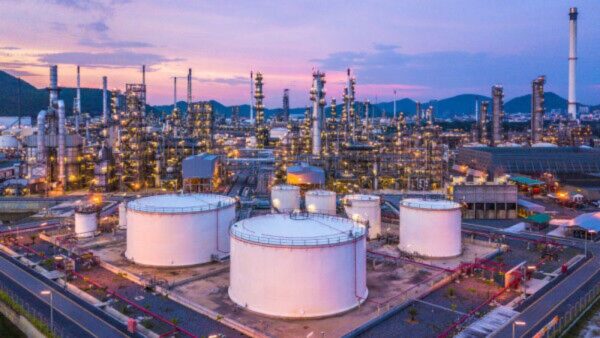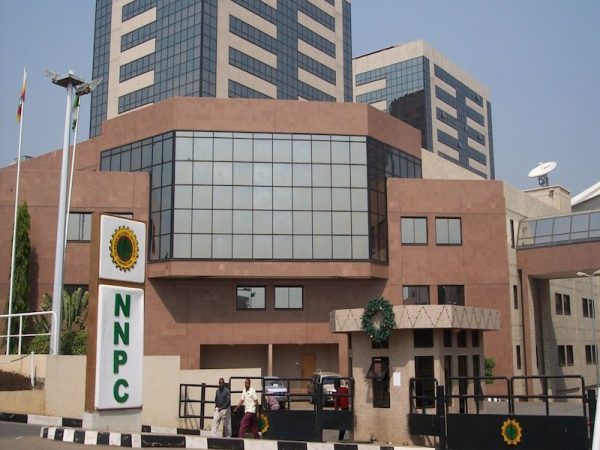Oil marketers urge FG to prepare Nigerians for deregulation amid inefficient subsidy
Stakeholders in the nation’s downstream sector were unanimous in their position as regards the need for the government to commence a dialogue with the Nigerian people on the necessity for deregulation to reduce inefficient subsidy, address local energy crisis and mitigate further shocks that the global economy may bring next year.
According to the stakeholders, particularly Major Oil Marketers Association of Nigeria (MOMAN), having subsidised Premium Motor Spirit (PMS), for so long, Nigerian institutions now have a diminished capacity to deal with the current local energy crisis, adding that disruption in any part of the supply chain causes ripple effects and results in queues at stations.
Speaking during a webinar yesterday, MOMAN Chairman, Olumide Adeosun expressed worry that subsidy is no longer sustainable, hence the need to dialogue with Nigerian people to identify, negotiate and agree on identified concerns and begin implementation to save the downstream industry which has been in degradation freefall due to a lack of investment to maintain, renew and grow assets and facilities such as refineries, pipelines, depots, trucks, and modern filling stations.
As a country, he said: “we must begin the process of price deregulation to reduce this inefficient subsidy. If the country wishes to implement a subsidy, it must be in areas targeted to help those it should help such as in agriculture and transportation to reduce food price inflation and generate more jobs for Nigerians.
“In tandem, the country must find a way to liberalise supply. It must bring transparency and competition into supply to ensure steadier, more efficient supply at optimum prices. Imported products must compete with locally refined products to find a meeting point between the need for local refining and competitively low but cost-recovered prices for Nigerians for sustainability.
“These lack of investments contribute in no small measure to fuel distribution inefficiencies and high costs. Neither the new refineries nor the refurbished refineries will survive with the refining margins at current pump prices.”
Vice President, Crude and African Markets, Argus Media, James Gooder, explained that lower oil prices have made deregulation easier to approach, however, freight and other issues remain significant factors to consider as prices are not static.
He reiterated MOMAN’s position on the need to prepare the consuming public for the effect of deregulation, adding that the volatility in the oil market cannot be predicted, even though prices are low now.
“The market has a self-correcting mechanism and this has to be reinforced”, he added. With the EU embargoes on Russian sea-borne crude oil coming into force on December 5 and on refined oil products in February, Gooder warned that there may be freight volatility from January in advance of February ban on Russian long-term diesel, as diesel contracts run out in December.
He noted that demand for diesel in Europe will mean less volume coming into West Africa, just as high freight, especially on long range and medium range tankers are likely to persist through the first half of 2023.
“Freight moved from about $10 per tonne to about $80. Volatility in the freight market is affecting the cost of petrol and diesel. As Nigeria moves towards a deregulated market, freight costs need to be put into consideration as oil prices are not the only indicators that determine the retail price of the product. There should also be transparency in the markets.
“A deregulated market reduces the incentive to smuggle products out of the country and ensures better flow of product into the country;” he added.
A former Chief Operating Officer (Upstream) of former Nigerian National Petroleum Corporation and Chairman of Dankiri Farms & Commodities, Bello Rabiu, explained that full deregulation is not limited to the removal of government subsidies alone but creating a competitive market environment that can guarantee the supply of products at commercial prices to customers.
He added that a strong regulator is required not for the purpose of fixing prices but to monitor and enable transparent and fair competition among players, adding that effective control of natural monopolies such as pipelines to protect consumers and prevent market dominance is another role the regulator should play.
“Full Deregulation of Downstream Petroleum Sector is a critical national economic and strategic endeavor requiring the support and cooperation of all stakeholders to implement. All hands should therefore be on deck to ensure the attainment of a transparent, competitive, efficient and sustainable liberalized downstream petroleum sector in Nigeria”, he added.
National President of Nigerian Association of Road Transport Owners (NARTO), Yusuf Lawal also noted that distributing petrol via trucks was no longer sustainable and efficient, as trucks have been depleted with little or no investments in new trucks.
“After staking almost N70 million on a single truck, the cost of doing the business is not sufficient to keep the business running. The return on investment on trucks is not encouraging and that is why people are moving away from the trucking business. Assets renewal is hinged on cost recovery. We need to explore ways to efficiently deliver products nationwide”, he added.








